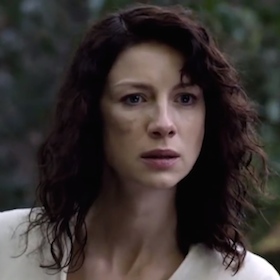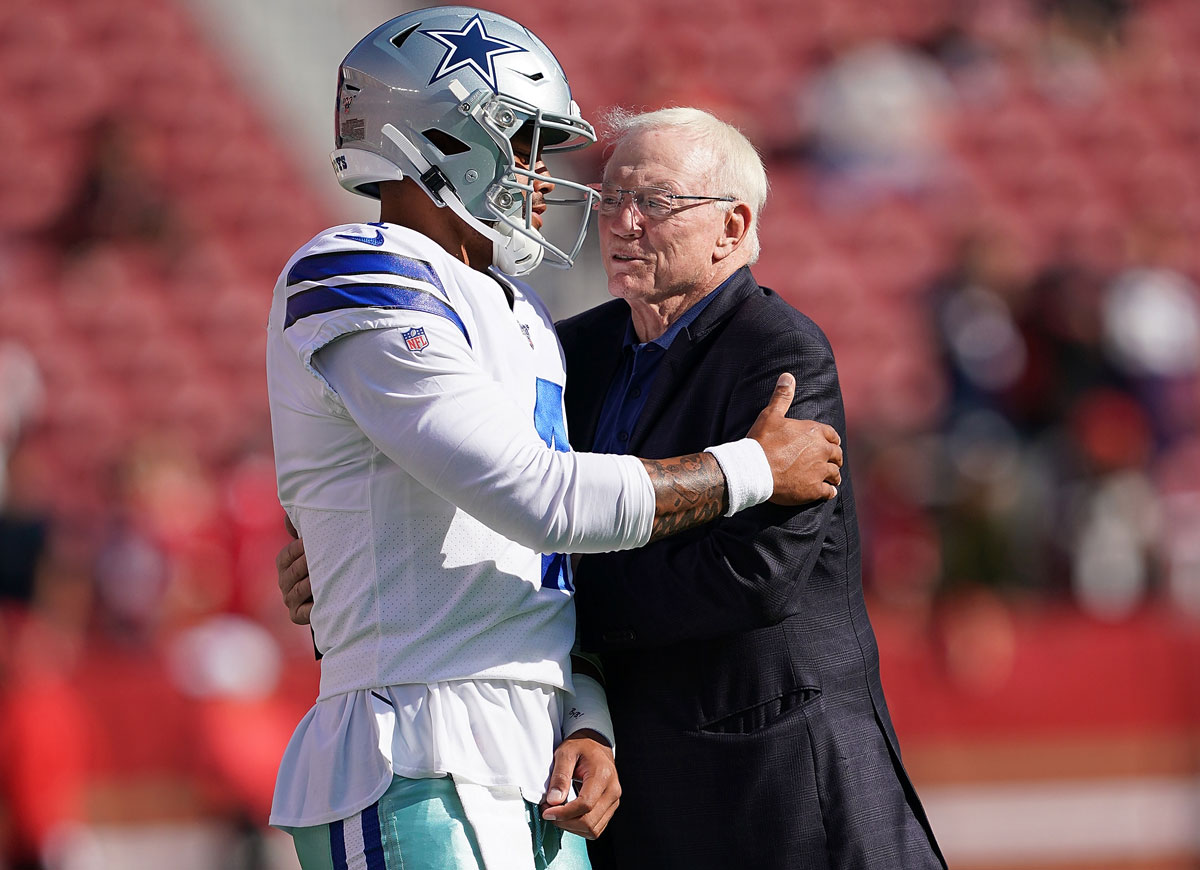'Outlander' Series Premiere Review: This Love Story Could Use A Bit More Action

3/5
Outlander, based on Dr. Diana Gabaldon’s book series, is difficult to compress. It refuses to merge into any particular genre, often bending and mixing and matching wherever it sees fit. At the core, however, it is a love triangle that lends itself to high melodrama.
It’s 1945, the war is just over, and Claire Randall (Caitriona Balfe), a wartime nurse, has finally reunited with her husband Frank (Tobias Menzies), a historian and former spymaster, after five years apart. They vacation in Scotland as an attempt to get to know each other again. Claire then gets lost in time and wakes up in 1763 Scotland.
Luckily for her, she’s picked up some of Frank’s history obsessed speeches and gets a good idea of what’s going on. But I’m getting ahead of myself. Claire will be spending much of her time in the past, and in order for the love triangle to work, and for us to be invested in whom she chooses, it’s important to like all the characters involved. Showrunner Ronald D. Moore is a character first type of writer, and is no stranger to love triangles or melodrama. He ran the reimagined Battlestar Galactica series a few years back; Moore’s attention to character and melodrama was the series’ greatest strength, and eventually its greatest weakness. Moore prefers setting the table than eating the actual meal, which usually makes his pilots fascinating to watch.
In that respect, “Sassenach” does very well. Love triangles can be difficult to write and this could easily have fallen over itself. Claire isn’t merely a love sick little girl; she’s forward without being pushy, soft without being weak. In the opening minutes, she has her hands covered in the blood of a patient and is unafraid. When it’s over, she’s chugging a bottle of champagne. She speaks her mind without fear and has a great sense of herself and a greater sense of empathy. This is Claire’s show and Balfe doesn’t struggle with the material. She melts into Claire easily and is evocative, even in slow burning scenes discussing a vase or describing a fall.
Claire’s memories lead to flashbacks big and small that end up overtaking the main plot as far as interest goes. Usually the flashbacks are brief and silent but for her narration, and while they’re merely there to serve as further evidence of Claire’s ability to adapt, survive and thrive, they’re more engaging than the heavily-accented men in kilts or where might the kitchen have been in a broken down farmhouse that’s older than god himself. While Moore, in previous series, eventually overused flashbacks, here the premise is still quite fresh and important to the plot from the beginning. We can only hope there will be more references to Claire and her odd archeologist uncle.
The men that Claire finds herself stuck between however are a little more clichéd — set against each other as the nerd and the jock. Frank is bookish and direct, yet prone to whimsy and babbling endlessly about the past. In their conversations is the implication of possible affairs. While Claire overtly says the sex life between her and Frank is great he rarely seems all that engaged despite certain quips to the contrary. Jamie (Sam Heughan) is rugged and built, a warrior. Naturally, he’s also been (repeatedly) wounded and ends up in Claire’s help. As is the rules of all fiction, seeing a man of action wounded makes the nurse fall in love with him because…he’s weak and vulnerable? Is the reality of human frailty and mortality sexually exciting? I don’t know.
Moore made the decision to have Claire narrate the story, something rare to see in film these days and even rarer on television. While it certainly worked in two specific cases (the aforementioned vase and fall scenes), the narration is unfortunately more Blade Runner than it is Goodfellas. At times Claire’s inner monologue contradicts what she’s doing or what’s going on in the story; other times it’s merely expositional and awkward. Most often, however, it ends up being an intruding redundancy. We don’t also need context for a scene that’s unfolding in front of us already. If the narration continues in this manner I hope we skip the scene in which Claire learns how to use a chamber pot.
Regardless of how much narration or movement is placed into a scene, the series’ pacing is glacial, another Moore carryover from the latter years of BSG. The pilot comes in at an hour five but feels noticeably longer. Compare that to Fargo whose leisurely pace had every episode at an hour fifteen, yet felt so much shorter. It is, possibly, the unfortunate drawback of almost all pilots — the foundation needs to be built — so without seeing a few more episodes it’s hard to say what this show will become.
RELATED ARTICLES
Get the most-revealing celebrity conversations with the uInterview podcast!





Leave a comment